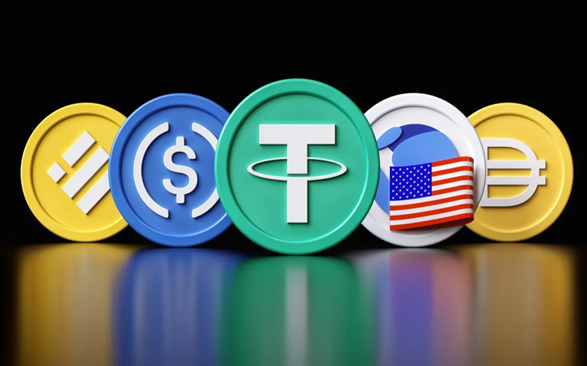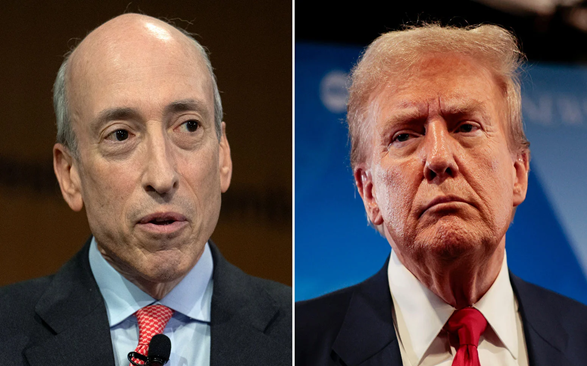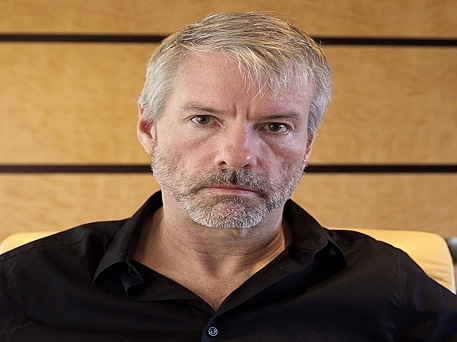In a significant move to foster innovation and financial inclusion, the Director-General of Nigeria’s Securities and Exchange Commission (SEC), Dr. Emomotimi Agama, has announced that the country is now open to stablecoin businesses, provided they operate within a clear and compliant regulatory framework. Does this mark a shift in the country’s approach to stablecoin regulation or is Nigeria still struggling to walk the talk?
Speaking at the inaugural Nigeria Stablecoin Summit in Lagos where he delivered his keynote address titled “Building a Regulatory Framework for Stablecoin Innovation: The Nigerian Perspective”, Dr. Agama declared Nigeria’s readiness to do business with stablecoin operators. In his words, “Nigeria is open for stablecoin business, but on terms that protect our markets and empower Nigerians. When history documents Africa’s financial revolution, today will be remembered as the moment we moved from potential to action.”
Also, Dr. Agama highlighted the increasing use of stablecoins by freelancers, traders, and businesses seeking to hedge against naira volatility, citing the Nigerian digital economy as youthful, dynamic, and increasingly decentralized: “The Nigerian digital economy is youthful, dynamic, and increasingly decentralized. Stablecoins are playing a central role in facilitating secure, borderless transactions.”
Dr. Agama envisioned Nigeria’s future as a stablecoin and fintech powerhouse, with Lagos becoming the stablecoin capital of the global South. “Five years from now, I want to see a Nigerian stablecoin powering cross-border trade from Dakar to Dar es Salaam. This is not just finance—it’s nation-building,” he said. He maintained that the SEC’s regulatory sandbox has already attracted domestic and international startups, including those focused on stablecoin applications, demonstrating the country’s commitment to fostering innovation, he maintained.
Regulatory Clarity through ISA 2025
The SEC’s openness to stablecoin businesses is backed by the recently enacted Investment and Securities Act (ISA 2025), which provides a legal foundation for digital asset oversight. Dr. Agama noted that the ISA 2025 strengthens the SEC’s ability to manage innovation responsibly, providing the industry with the necessary legal clarity. The Act includes provisions for digital asset regulation, granting the SEC oversight authority over issuance, custody, and trading platforms.
Dr. Agama emphasized the need for a regulatory framework that is tailored to Africa’s unique context, taking into account the continent’s distinct demographics, economic conditions, and infrastructure landscape, while also drawing valuable lessons from international best practices.
On his part, the Africa Stablecoin Network’s President, Mr. Nathaniel Luz, praised what he considers to be Nigeria’s regulatory openness and support for innovation. “This is a pivotal moment for digital finance in Africa. Friendly regulation and strategic vision are exactly what emerging markets need,” Luz said, highlighting the significance of the Nigeria Stablecoin Summit as a step toward building a thriving digital asset ecosystem across the continent.
However, the ISA, quite curiously, considers all “virtual and digital assets” as securities. This classification is a blanket one which brings virtual assets or digital assets into the same class as debentures, stocks, or bonds issued by a government or private body. In a domain urgently requiring enhanced clarity and certainty—given the distinctive characteristics and behavioral patterns of virtual and digital assets—this broad classification without specified exceptions in the new law falls short of doing justice to the nuances of the field. Consequently, the SEC is tasked with the delicate challenge of operationalizing this provision, balancing effective implementation with the need to avoid imposing undue constraints on this emerging industry.
Nigeria’s Stablecoin Conundrum: Prosecutions Amidst Regulatory Ambiguity
Despite statements from the SEC indicating openness to stablecoin businesses in Nigeria, a significant issue looms over the horizon. According to recent reports, the Economic and Financial Crimes Commission (EFCC) has been prosecuting traders of Tether’s USDT, the most widely used stablecoin in the country. The charges stem from alleged dealings in foreign currency without a license, referencing Nigeria’s Foreign Exchange Act of 1996. What’s striking is that no written law in Nigeria explicitly defines stablecoins as foreign currency or declares trading in stablecoins an offense.
This raises concerns about the consistency of such prosecutions with the rule of law. Holding individuals liable for unwritten offenses could be seen as arbitrary and an overstep of legislative powers. It contradicts Dr. Agama’s assertion that Nigeria is open for stablecoin business, particularly without clarity on the legal status of foreign-currency-backed stablecoins in Nigerian law. The ambiguity surrounding the treatment of USD-backed stablecoins like USDT and USDC under the Foreign Exchange Act could deter businesses and investors, hindering the growth of Nigeria’s stablecoin industry.
Nigeria’s approach to regulating stablecoins should avoid past mistakes where actions were taken without clear legal backing. In 2021, the Central Bank of Nigeria attempted to ban cryptocurrency transactions without a written law, a move later deemed null and void by a Federal High Court in the same year.
Path Forward
Nigeria must avoid regulation by enforcements. This is unhealthy, and helps no one, including the Nigerian state.
To address these issues, Nigeria’s government and regulatory bodies should:
- provide clear guidance on stablecoins under the Foreign Exchange Act, if USD-pegged stablecoins must be deemed foreign currencies;
- consider introducing a Stablecoin Act tailored to the unique characteristics of stablecoins; and
- develop regulatory frameworks based on proper legislation to foster innovation, improve clarity, and boost trust in the digital finance ecosystem.
Perhaps more importantly, a multi-stakeholder approach should be adopted here. Roundtables where innovators, policymakers, regulators, and law enforcements can have open and honest conversations about challenges and how to best surmount them. Also, by providing clarity and consistency, Nigeria can unlock the potential of stablecoins, benefiting businesses, individuals, and the government alike.
Discover more from Crypto Asset Buyer
Subscribe to get the latest posts sent to your email.





